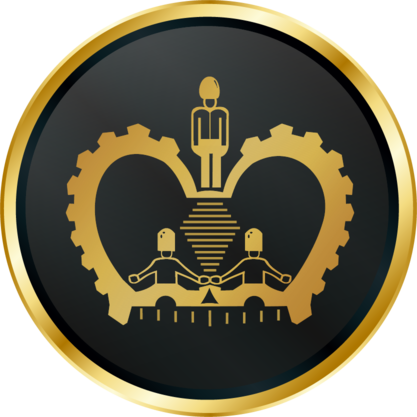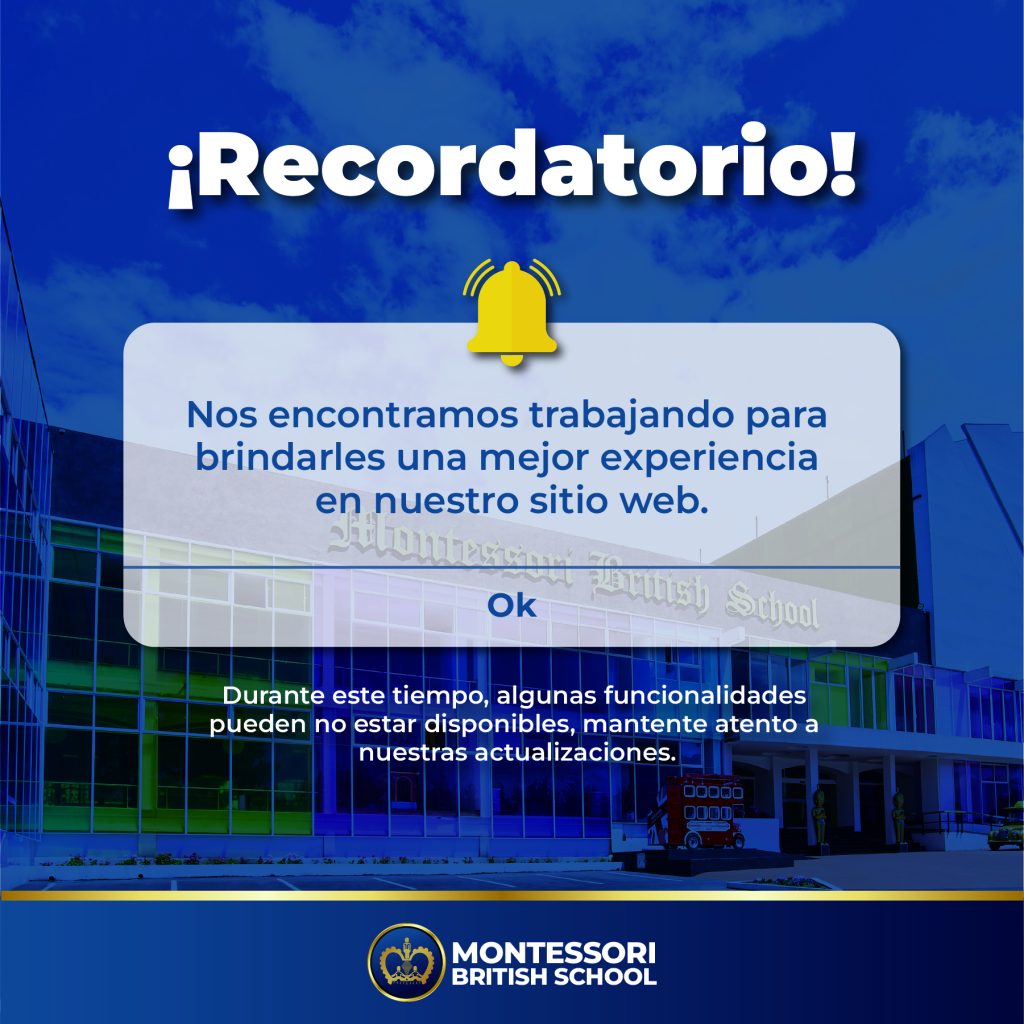
A prestigious school in Bogotá teaches it, and we have asked its principal, Claudia Díaz, to explain to us what it is about.
Bio-education is an education for life. At the Montessori British School, we try to ensure that teaching surges within a real context and can be implemented in the lives of each of our students.
1. Our students excel on Saber 11 tests. In addition, they learn four languages (Mandarin, French, Spanish, and English), with verifiable results in the DELF, IGCSE, YLE, KET, PET, FCE, IELTS, YCT, and HSK tests, among others. How can they educate in life and on being and still obtain these results? It is with passion, struggle, commitment, organization, dedication, and conviction that these knowledges do not oppose, but rather complement each other.
2. What does bio-education teach? Through it, we teach decision-making, but not focused only on the questions of a standardized exam. On the contrary, we understand that at every moment of our lives we are «taking a multiple-choice test», for which we must choose the best option: from what to eat to the development of a life project, we teach our students how to choose.
3. Concerning our work with indigenous communities, bio-education rescues some of their values. Bio-education is therefore based on the knowledge of one-self, with the aim of making the best decisions for life. It is important to know our ancestors not through a history book with events narrated from the Western point of view, but as an approach to thought from which important knowledge for life arises.
5. What do students learn from their ancestors? For example, through the word «circle», our students learn about the importance of knowing how to think, speak, and act. This is a form of dialogue without hierarchies in which one does not speak to convince and does not listen to confront, in contrast with many of the dialogues that we hold. On the contrary, one speaks to gather knowledge and wisdom, individually taking what is useful and leaving aside what is not. In the ancestral language, it is said that we have two backpacks: in one we put what is useful to us, and in the other what is not. This lesson brings happiness to our children: it takes them away from confrontation and offers them the ability to choose what they think.
5. This education does not have a religious connotation. At the Montessori British School, we understand the different religions as possible paths to spiritual fulfillment. All spiritual positions are valid, as long as a path of love and respect towards others is treaded.
6. At the Montessori British School, we study robotics in our curriculum from preschool. Is this linked to the knowledge of being? Yes, because we prepare our young students with a vision of the future and a glimpse of the past. We interweave these two knowledges to better provision our students.
7. Our ancestors taught us about nature in a very different way. While we study her as if she were dead, dissecting animals and approaching her anatomy, they study her alive, observing and hearing nature. Our ancestors were observers and witnesses of what was happening. For them, rivers speak of people's health: if the river is dirty, so is the soul. Thus, this education seeks the use of technology to give back to "Mother Nature" what we have taken from her. To this end, our students experiment with the latest clean-energy technologies, generating solutions and creating alternative energy chargers to supply power to devices such as cellphones.
8. What would you like for the world? In Namahuki's words: "A planet that keeps dancing around the sun."



